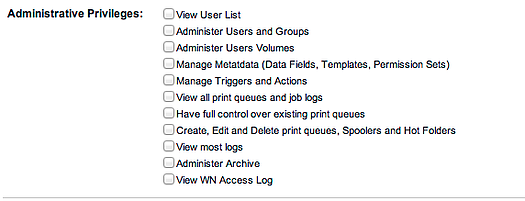I ride dirt bikes and recently incurred a 700 dollar repair bill on my sons bike.
What? What was the cause of this? It's a two stroke motocross and the engine had
seized up, which is not all that unusual, but we had done a new top-end not all that
long ago. So why had it blown again so early?
The 'real mechanic' I brought it to explained that pump gas has changed drastically
from what the engine was designed to run on. But the bike is only four years old..!
Pump gas these days is going Greener with at lease 10% ethanol or more, and is so
oxygenated that it burns hotter, expanding the rings tighter around the piston...
you get the idea. Ring-ding-a-ding, goes to bwop-bwooooop... silence.
As back yard mechanics working on dirt bike engines we hadn't done anything wrong with
our top-end. The gas we run had changed and we didn't ever realize the consequences.
I had an issue last week that drove home the importance of staying current
with system wide support. My customer was having difficulty with XMP metadata
that was not showing up in Venture. This was for XMP fields that were working
correctly not that long ago. Venture syncs were also not showing the field values
either. The first instinctive question is "what changed?" And the answer is
"we're not doing anything differently." Like me with my dirt bike.
Xinet engineering had me activate fpod vlog per a specific tech note which will
create a special output file. Copy on a questionable file again and watch for it to
show up in the log. Verify that the XMP data is not showing in the browser and then
run the syncxmp command in debug mode to capture what the sync is actually doing,
or having issues with. Verify if the data still doesn't show up and send the logs and
sample file in to them for analysis.
They came back with a new syncxmp binary file to slip in, and this was the resolution
to the problem.
I inquired with Xinet engineering about the 'why' and 'how' questions having to do with
the metadata not showing up in Venture. Xinet replied that from their perspective,
the issue had to do with a non-compatible file: specifically, the jpeg image that I
had sent, which caused syncxmp to fail with these errors:
syncxmp(87535) malloc: *** error for object 0x512060: Non-aligned pointer being freed (2)
syncxmp(87535) malloc: *** error for object 0x512390: double free
Now this error is gobbly-gouk to me. I would have thought a pointer being freed was
a good thing, but I'm not a code writing engineer for several reasons, which is why I
have a very defined escalation path.
The way they "fixed" this was to test my sample file against a newer build of syncxmp,
from the new Suite 16 code, which incorporates some newer XMP libraries provided by Adobe.
In short, the newer Adobe libraries resolved the issue.
So as far as my customer was concerned, they were "not doing anything differently"
But apparently Adobe was. The problem came from the fact that Adobe doesn't stand
still. Ever! They continue to evolve and improve their XMP libraries and those
changes were not recognized by the Xinet version my customer was running.
This is the intrinsic value of having support. We were able to update to a newer
binary to stay current with the ever changing world.
So even though you may not be doing anything different... Change Happens!
My dirt bike solution is to run race gas. The world keeps changing around us without our
consent or input and will not wait for us to adapt or catch up. The leading edge is really
not all that far ahead. But by falling behind, the distance becomes huge and costly.
So stay current with good support.
And if you ride dirt bikes, check your gas.
-Sully




